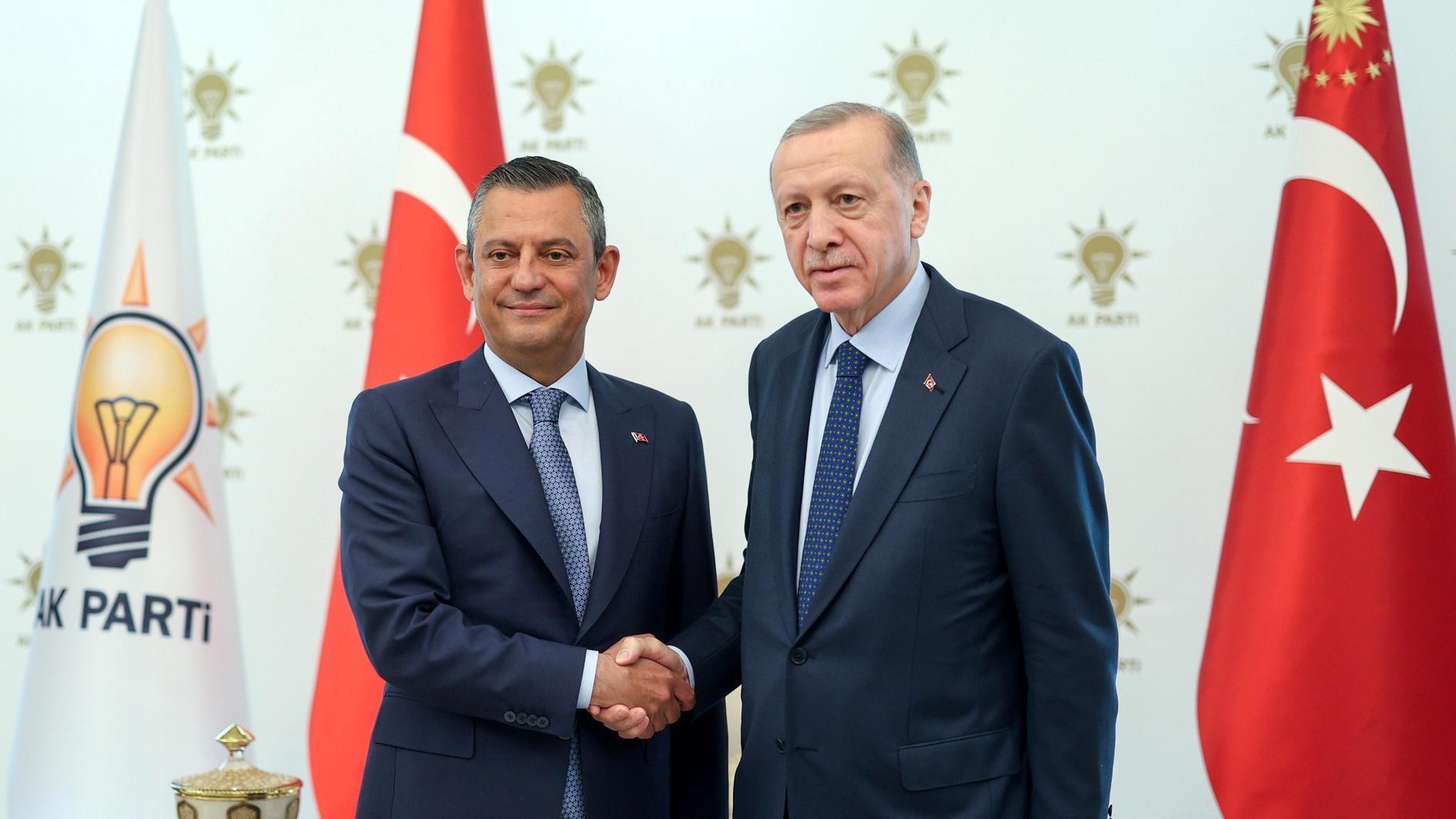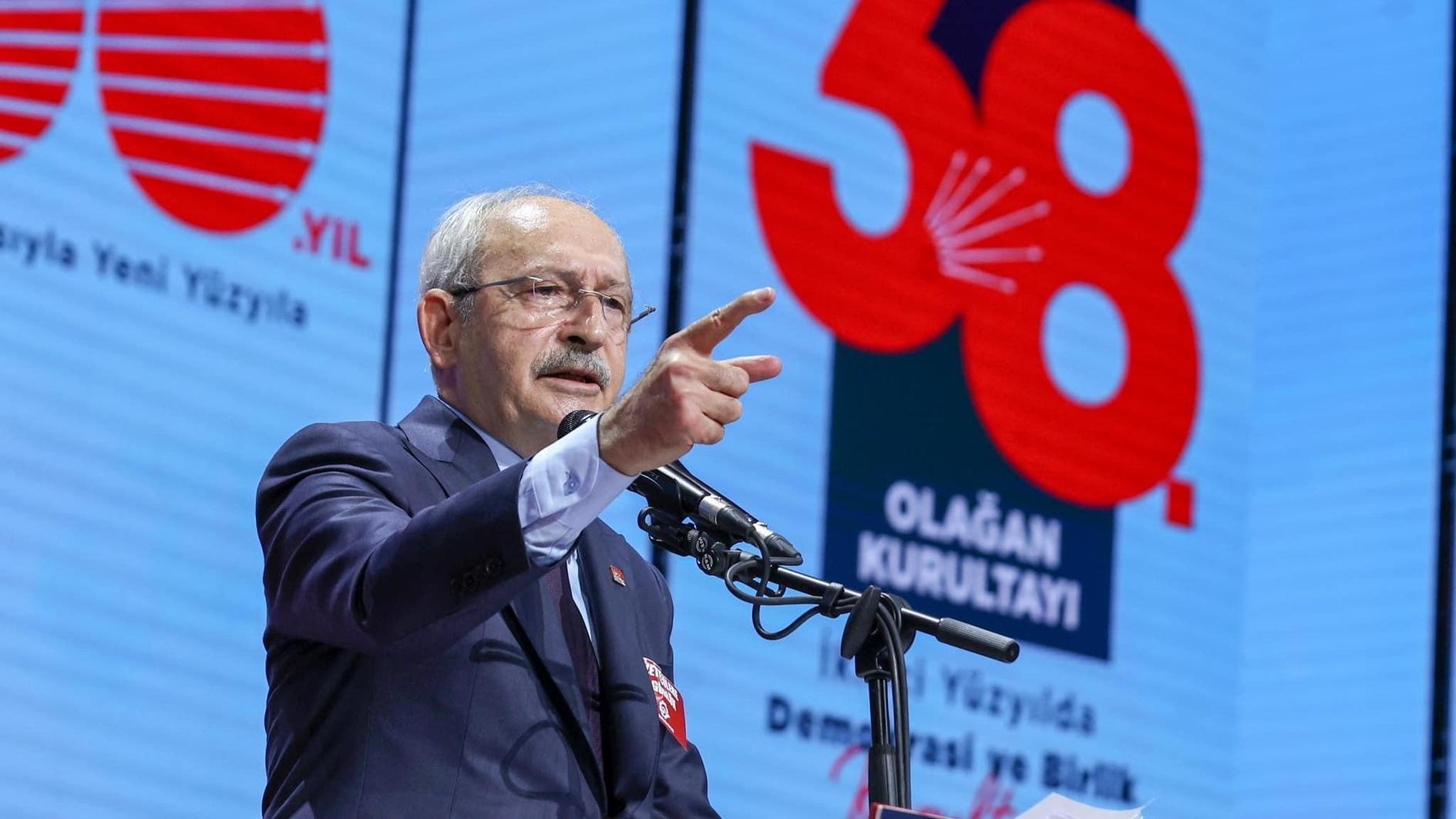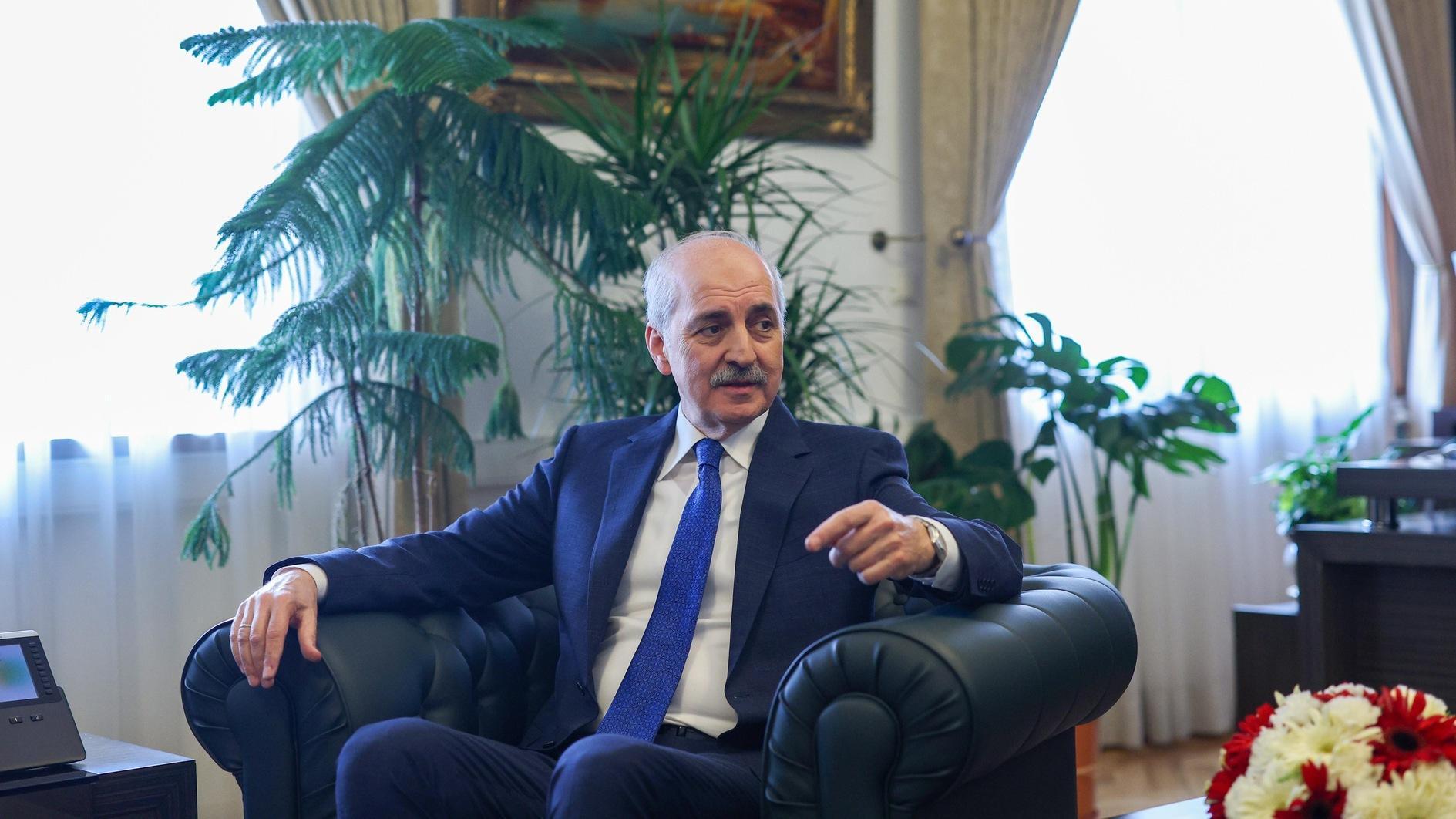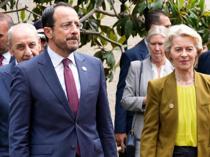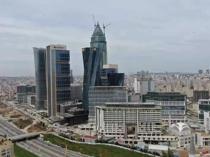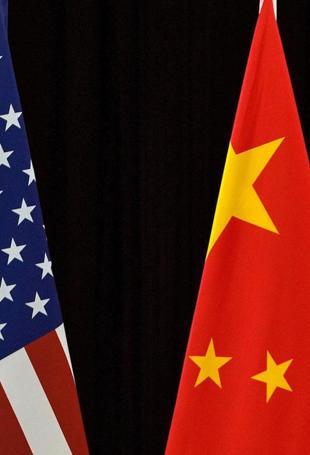Economic growth not sustainable without adequate energy resources
LAMBERTO DINI
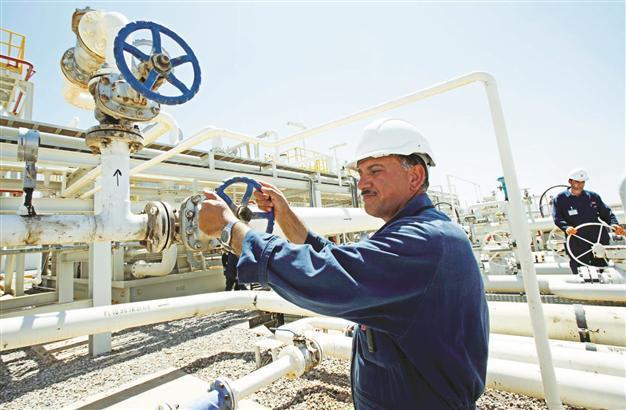 Over the years, the Eurasian Economic Summits, organized by the Marmara Foundation, have proved to be a valuable opportunity for high-level discussions, a significant forum where delegates can freely express their views and deliberate on the major challenges that their countries and the world at large have to face. The 15th Eurasian Economic Summit, to be held on April 10-12, 2012, fulfils the long-established ambition of shaping global, regional and industry agendas by debating economic and social strategies: political, business, academic and other leaders of society will be engaged in brainstorming, so as to identify obstacles to growth as well as possible paths for achieving sustainable economic progress.
Over the years, the Eurasian Economic Summits, organized by the Marmara Foundation, have proved to be a valuable opportunity for high-level discussions, a significant forum where delegates can freely express their views and deliberate on the major challenges that their countries and the world at large have to face. The 15th Eurasian Economic Summit, to be held on April 10-12, 2012, fulfils the long-established ambition of shaping global, regional and industry agendas by debating economic and social strategies: political, business, academic and other leaders of society will be engaged in brainstorming, so as to identify obstacles to growth as well as possible paths for achieving sustainable economic progress. National economies are increasingly interconnected through foreign trade and foreign investments. In a global economic environment, it is more important than ever for countries to control the fundamentals governing economic growth and development. How to deal with world-wide challenges such as shifting to a low-carbon economy, fostering economic growth and enhancing social and environmental sustainability?
As a matter of principle, economic growth cannot be sustained without adequate energy supplies at reasonable prices. Rising energy demand and restricted supply have indeed the potential to stem world economic progress, as conditions of energy shortage or abundance are likely to affect all countries, making them deeply dependent on one another. This explains why, despite the existence of extensive fossil fuel reserves, energy security has recently come into play as an increasingly urgent risk.
On the other hand, the long-term forecasts of climate change effects and fossil fuel costs are pushing many governments to provide financial incentives to help developing other types of energy sources, namely renewables, which could be relied upon in the future if they become economically viable. Substantial resources are thus invested in “green growth,” promoting clean energy, energy efficiency and low-carbon transport systems.
Since scarcity of resources and failing economic conditions in one single country could impact on entire regions, regional and international cooperation between energy producers and consumer countries is becoming indispensible, in order to ensure continuous, stable and safe energy supply. Acting together is the only possible way to fight global threats such as a scarcity of energy resources and the effects of climate change. Decision-makers must thus give their full support to initiatives which aim to improve global and regional risk resilience and at reducing the danger of critical failures in industry and essential services.
Eurasia is an area which would greatly benefit from regional cooperation in the energy sector. Besides its political and cultural significance, it is a territory of the highest geopolitical and strategic value, because of its energy resources such as oil and natural gas reserves. At the same time, Eurasia is also one of the main roads for energy transport, which implies great potentialities for growth. It would thus be convenient to engage in concrete cooperation projects such as building common infrastructures that would benefit the economies of all the countries involved.
Such a strategy would represent a sound basis for long-term economic development. Close and steady economic relationships would be an advantage for everyone: countries that have an abundant energy surplus could rely on trusted purchasers, while countries that are dependent on imports could take advantage of stable and secure energy supplies.
It is important to underline that the cooperation within Eurasia will not only boost economic growth, but also promote peace and stability in the whole region. Closer relationships among these countries will significantly contribute to intercultural dialogue and the dissemination of the values of pluralism, respect for human rights and gender equality. This major topic will be widely discussed and analyzed during the summit, with specific attention devoted to the women’s participation in social and economic life and to the implementation of gender mainstreaming policies.
Rising energy demand and
restricted supply have indeed the
potential to stem world economic
progress, as conditions of
energy shortage or abundance
are likely to affect all countries,
making them deeply dependent
on one another. This explains
why, despite the existence of
extensive fossil fuel reserves,
energy security has recently
come into play as an
increasingly urgent risk.
Economic growth will be inspired by resource-efficiency, environmental sustainability and social welfare. To this end, the 15th Eurasian Economic Summit will define strategies and tools, spearheading efforts to rethink economic development, reshape corporate governance and deal with rising demands on energy and infrastructure.
Former Italian Prime Minister Lamberto Dini
Mr. Dini will deliver an opening speech at the Energy, Economy Environment and Development session today.


